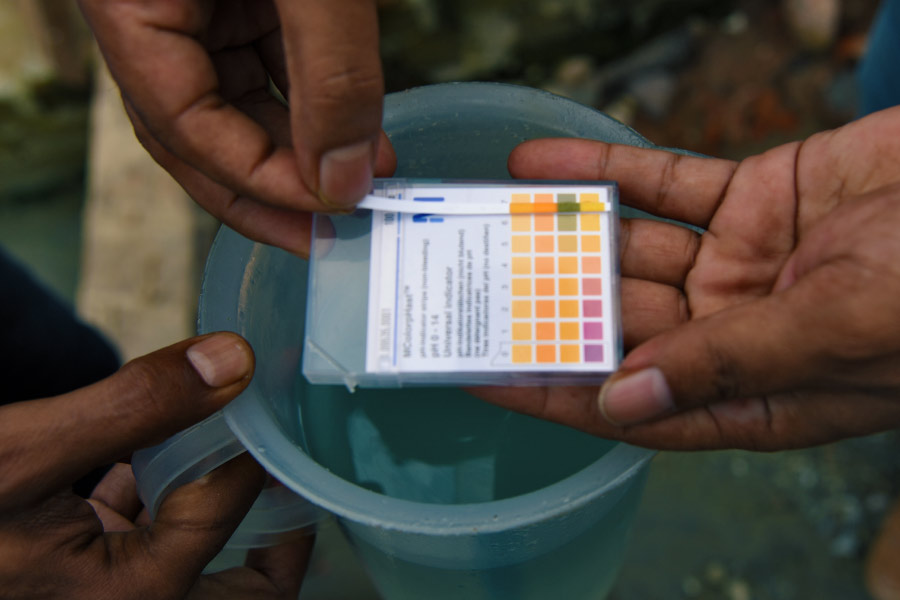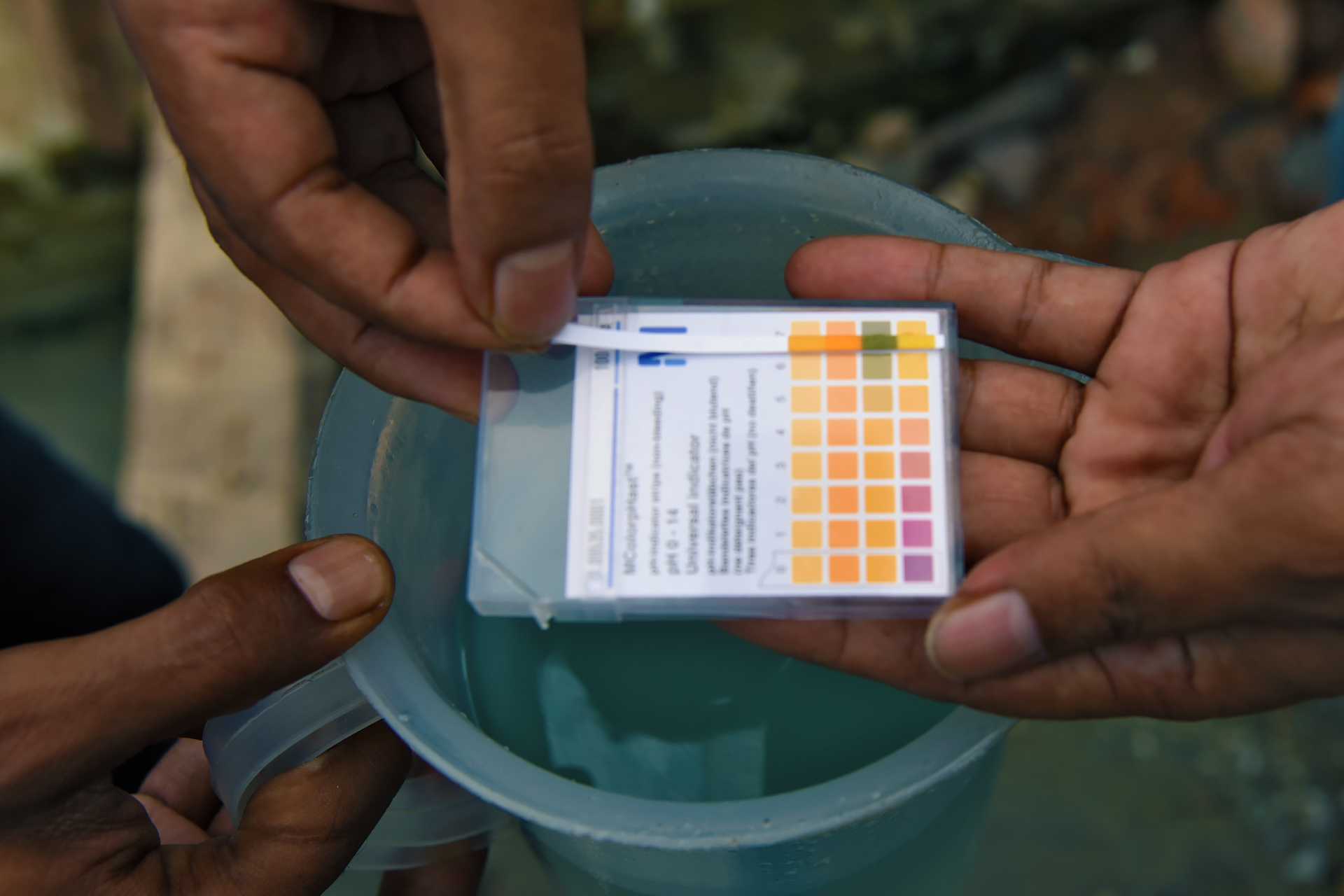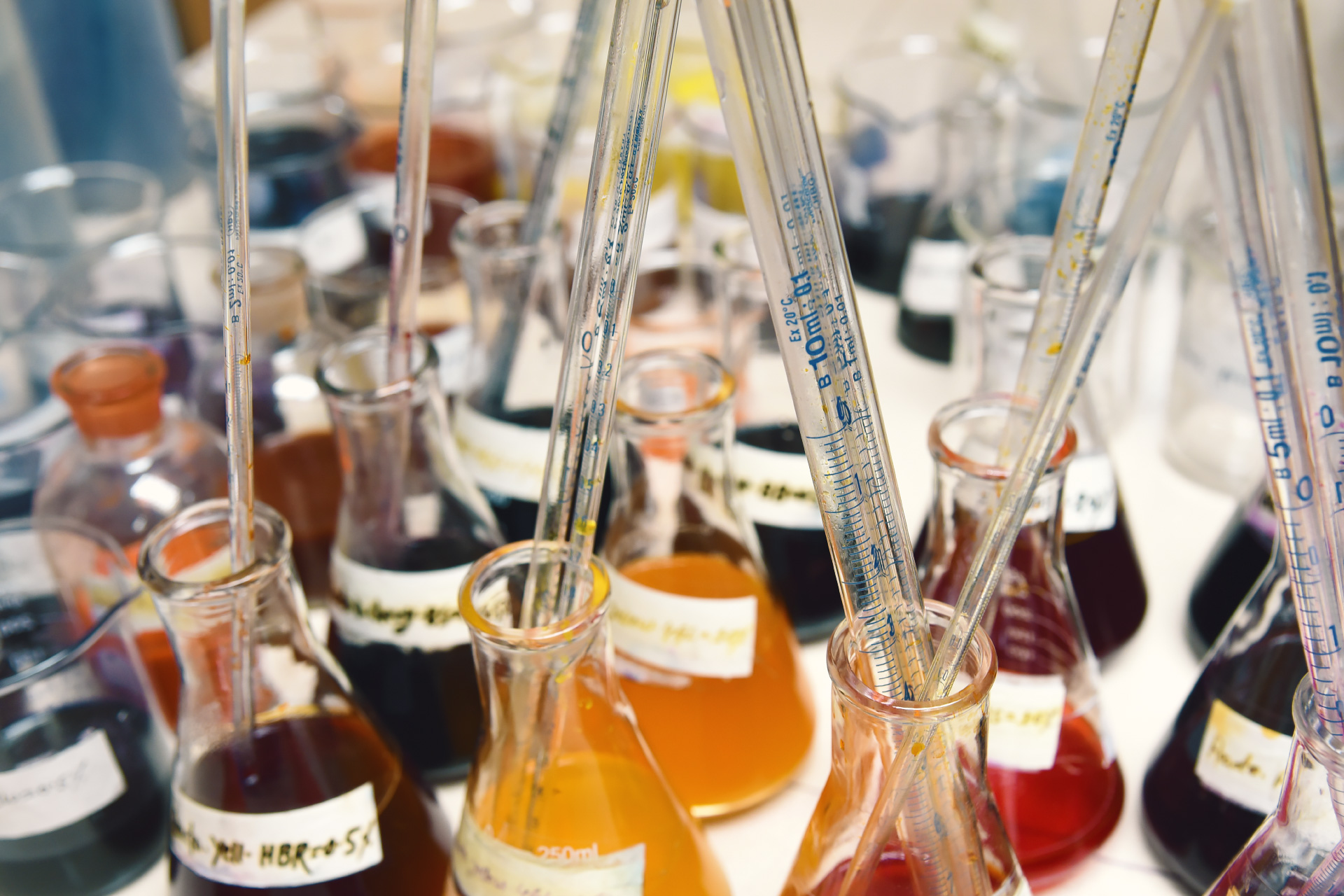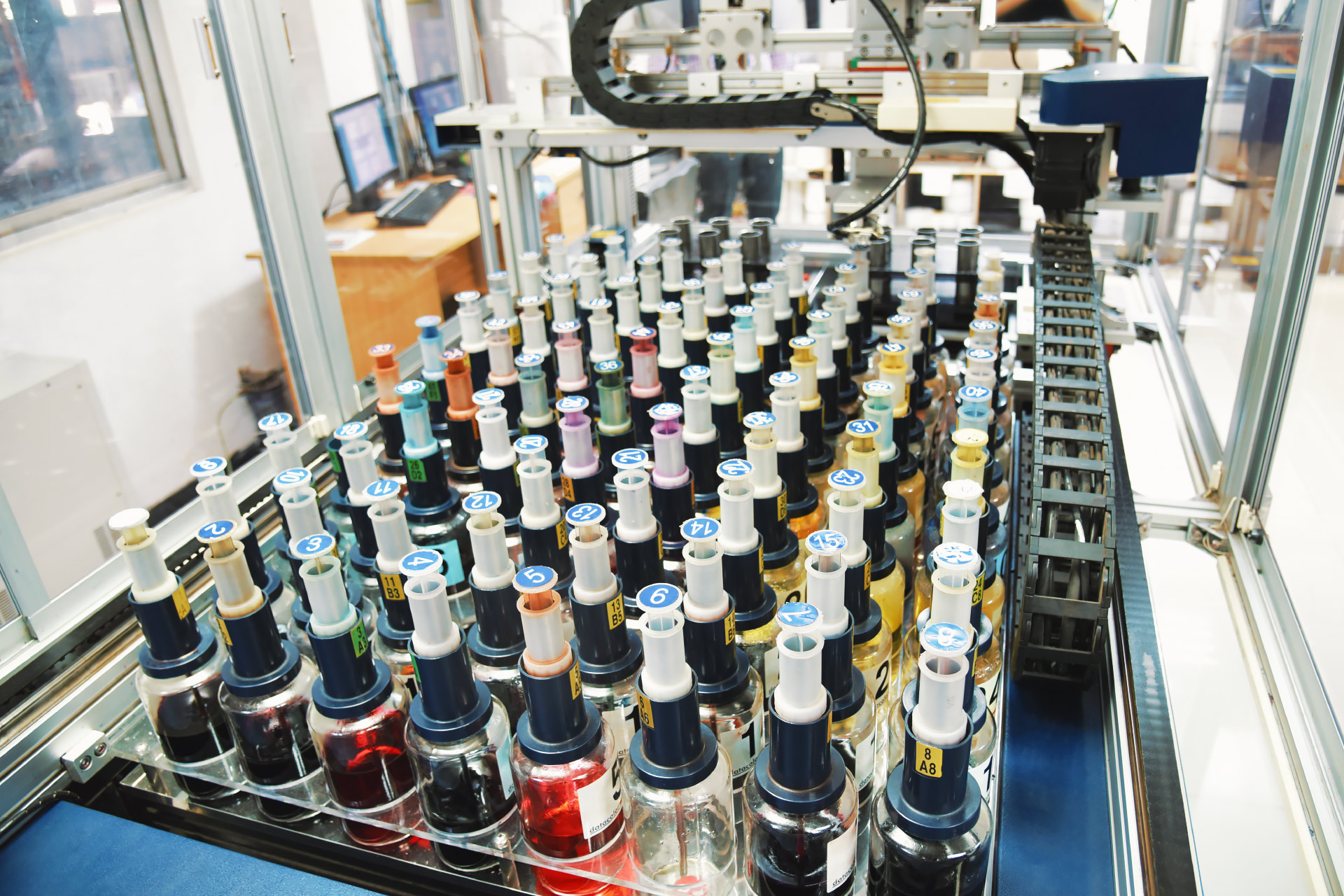LPP has joined the Zero Discharge of Hazardous Chemicals global initiative

LPP, the owner of Reserved, Mohito, House, Sinsay, and Cropp, is the first Polish company to join an international initiative aimed at global reduction of the negative environmental impact of the clothing industry. Since 5 August 2020, the Polish clothing manufacturer has become a so-called Friend of the Zero Discharge of Hazardous Chemicals Agreement (ZDHC). This is yet another action of the company towards sustainable development within the framework of the “For People For Our Planet” strategy for the years 2020-2025.
ZDHC was established in 2011 and its mission is to enable the textile, apparel and footwear industries to implement sustainable chemical management best practice across the supply chain. By setting new standards and implementing them, ZDHC aims to eliminate hazardous substances in the apparel industry with the joint commitment of companies, research and academic centres. On 5 August 2020, a list of new Friends of ZDHC was announced, including the Polish clothing company LPP SA committed to the adoption of ZDHC MRSL (Manufacturing Restricted Substances List). MRSL is a list of banned, hazardous substances that is constantly updated by the organization. For the Polish company it is another activity as part of its Sustainable Development Strategy, which aims, among others, at striving for chemical safety in production.
The idea behind ZDHC focuses on standardizing the expectations of clothing companies. – In the dispersed supply chain that exists in our sector, as an ordering party we are one of the customers, and our order represents only a few percent of the total factory production. Thus, while LPP always attaches chemical substances guidelines to orders, we have no influence on what other substances appear in other orders, i.e. what substances are used on the factory premises. ZDHC wants to solve this problem by standardising the norms and overall process control in the factory – Anna Miazga, Sustainability Expert, LPP.
The establishment of ZDHC in the form of an agreement means that the institution, through its friends and contributors, drives change on a global scale – As a friend of ZDHC, we will be obliged to urge our suppliers to completely eliminate harmful substances from production. In addition, we will support them in managing chemicals so that they use them as little as possible. In this way, we will increase the safety of employees who are directly responsible for the production process. – says Aleksandra Pawelec, Sustainable Development Auditor in the field of chemistry in LPP – Sustainable management of chemicals also entails the proper disposal of waste, such as sewage and post-production wastewater – she adds.
Joining the initiative the Gdańsk-based company’s access to global know-how, best practice, standards and solutions used not only by other companies, but also by academic and industry circles, which boost the development of the textile industry. – The area related to chemical substances used in the sector requires continuous knowledge building, within the company structures and among our partners. ZDHC allows us to join forces in order to meet this difficult challenge. However, each company is independently responsible for the implementation of standards at their subcontractors. This also requires increasing the transparency of production, as, for instance, a sewing room may use the services of three different dyeing houses and also another textile printing house. The programme will have covered all subcontractors and their partners until the end of 2025 – says Anna Miazga.
The issues of using chemicals in clothing are very important. – A good illustration of the importance of adopting ZDHC standards in our industry is the “Mad Hatter” syndrome, which existed at the turn of the 18th and 19th century as a result of mercury nitrate use in the production of hats. At that time, nobody was aware of the harmful effects of this substance, while in fact its use led to mental and physical disorders among users and workers responsible for production – says Aleksandra Pawelec.
LPP is the first Polish clothing company that for several years now has consistently introduced sustainable solutions into its business on a global scale. Last year, it was also the first Polish company to join the international New Plastics Economy Global Commitment which aims at complete elimination of non-closed circuit plastic waste. The Polish clothing manufacturer has made a commitment that by 2025 it will only be using plastic packaging that meets one of the following criteria: 100% reusable, recyclable or compostable. Joining ZDHA is, therefore, another agreement covering yet another important area in terms of taking care of the safety of our planet. Both agreements bring the Gdańsk-based company closer to the international know-how and innovative solutions prioritising care for the natural environment.
______________________________________________________________________________
LPP SA is a Polish family business and one of the fastest growing clothing companies in the region of Central and Eastern Europe. For over 25 years it has been successfully operating in Poland and abroad, offering its collection already on 25 markets, including in such prestigious capitals as London, Berlin, Tel Aviv or Moscow. LPP SA manages five fashion brands: Reserved, Cropp, House, Mohito, and Sinsay. The company has a chain of over 1700 stores with the total area of over 1 million sq.m. The online offer of the brands collections is available on 31 markets. On the basis of a global supply chain, the Polish clothing producer distributes over 265 million pieces of clothing to three continents. LPP plays another important role as it employs over 24 thousand people in its offices and sales structures in Poland, Europe, Asia, and Africa. The company is listed on the Warsaw Stock Exchange in the WIG20 index and belongs to the prestigious MSCI Poland index.




